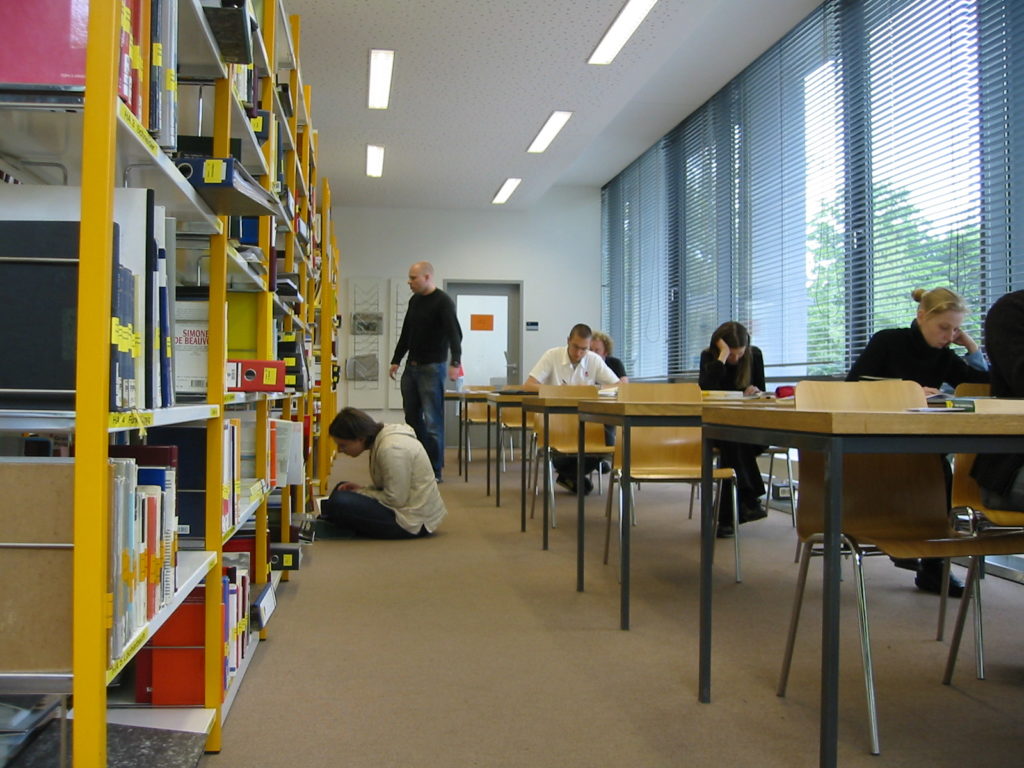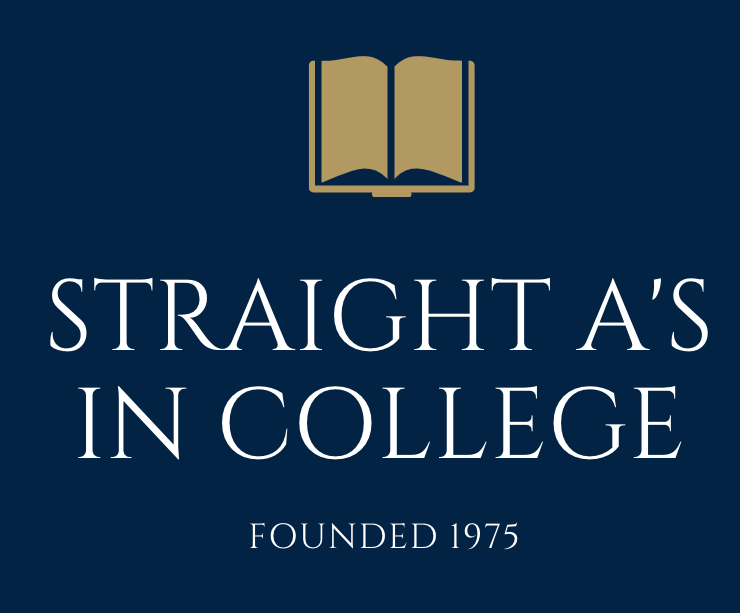Photo courtesy of Holger Dieterich/freeimages.com

College before university? Five reasons why.
Photo courtesy of Holger Dieterich/freeimages.com “So, what do you want to be when you grow up?” You’ve probably heard this question more than a few times

Drop your high school attitude!
Photo courtesy of Sarah Brown/Unsplash So, what kind of a student were you in high school? What peer group did you most identify and hang

It’s about time.
Photo courtesy of Kevin Ku/Unsplash There is likely no better predictor of how well someone will do in a given college or university course or

Do you believe in the value of education?
Photo courtesy of Inaki Del Olmo/Unsplash Perhaps the first barrier to being successful in school is whether or not you believe–truly believe–in the value of

College Maturity: Are you Ready?
Photo courtesy of Jorge Fernandez Salas/Unsplash “I always wanted to be somebody, but now I realize I should have been more specific.” Lily Tomlin’s quote

Chunking down
Photo courtesy of Kari Shea/Unsplash At the end of my first week in medical school, I was still riding an emotional high–partly the grateful satisfaction

Three things to change right now to improve your final transcript
Photo courtesy of Wes Hicks/Unsplash At some point in a given semester, you may already be drowning in coursework. There can be any number of

Welcome to Straight A’s
Photo credit: Mark Fromberg As this is the first post on this new website, I wanted to make it pretty clear as to what the
“So, what do you want to be when you grow up?” You’ve probably heard this question more than a few times over your childhood, and perhaps even tried answering it a few different ways (astronaut, nurse, pro athlete, anyone?), and all the while not being held to your conviction. And yet, when the time finally comes to start making real decisions on this question, answers are often wanting and elusive–maybe this, or maybe that, so many choices out there–what do you really want to do for the rest of your life?
Ambivalence is normal. Don’t sweat it–your ambivalence is understandable, and you are not alone. Unless you have had some excellent mentorship, a clear vision, great confidence in your potential, some early first-hand experience, and fairly strong motivation, you may find the academic and career choices moving forward from high school overwhelming; your hesitation may simply reflect your growing awareness of the many opportunities in front of you.
Learn to love learning. The good news is that, as long as you are moving forward, being open-minded and flexible as you develop your knowledge base, no learning is ever wasted or irrelevant; rather, everything you ever learn adds to the depths of your intellect, and broadens your perspectives on the world. In fact, such learning may even change it: Consider the story of Apple’s Steve Jobs, who decided to audit a calligraphy course because of a girl he was attracted to was taking it, subsequently developing a fascination for serif and sans serif typography that heralded the introduction of Apple computers. Since there are so many things to learn about the world that can make your life richer, there is little reason to think that any academic direction you choose initially would somehow be a waste of time. And if you come to love learning for it’s own sake, your positive attitude toward school will easily propel you forward in school.
If the questions continue to swirl. Okay, so you have some “analysis paralysis”, with common questions that can be consuming: Pursue a bachelor’s degree? Dream of some professional school, like engineering, law, or medicine? Consider a diploma program or a certificate program at a local college that is more directly training for a specific kind of work? Consider a trade? What am I good at? What do I like doing? Am I smart enough? Am I determined enough? Do I have the resources to spend years in school? These are all important questions, and not all of them can be well answered without test-driving a few ideas.
Take a few steps forward. Once graduating from the structured incubator of high school, life propels all of us inexorably forward. On top of considerations for further schooling, young adulthood and the desire for independence adds increasing demands to be self-sustaining, be it finding an entry-level job, learning how to feed oneself, do laundry, finding accommodation, or exploring new lifestyles. With so much going on, it may be wise to take smaller, surer steps in the educational process. Here are five reasons why starting at a college instead of a university may be in your best interest:
- Since virtually any metropolitan area will have more colleges than universities, you will be more likely to find one in your community, which will lessen commute time, and increase the likelihood that you may have classmates that you recognize from high school.
- Since colleges tend to have shorter programs, such as certificate and diploma programs that range from one to three years in length, the time and tuition cost commitments may be less as well. Many college also offer distance learning and part time attendance as well.
- Since college programs are more likely to train you for many specific kinds of work or career, or even a trade, you may find among these choices a more tangible route to finding work on graduation than a bachelor’s degree from a university.
- Since colleges are usually smaller and less intimidating than well-established universities, class sizes will be proportionately smaller as well, allowing more interaction with your professors and your classmates.
- Once you have done a few semesters, many of your course credits may be transferrable to a university program, although usually without the grade being transferred. This can be a good thing if you had mediocre grades in college, since they will not become part of the calculation of your grade point average once you start at university–you get to start with a clean slate at university, having had the opportunity to grow out of some of your less-desirable study habits.


